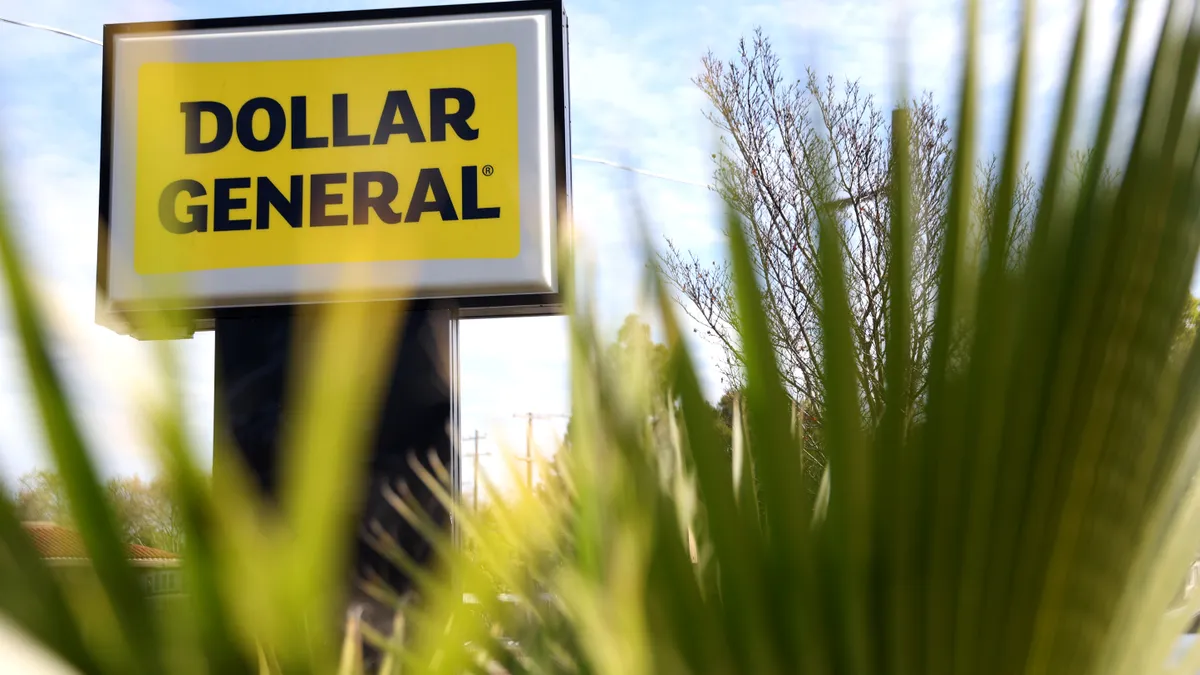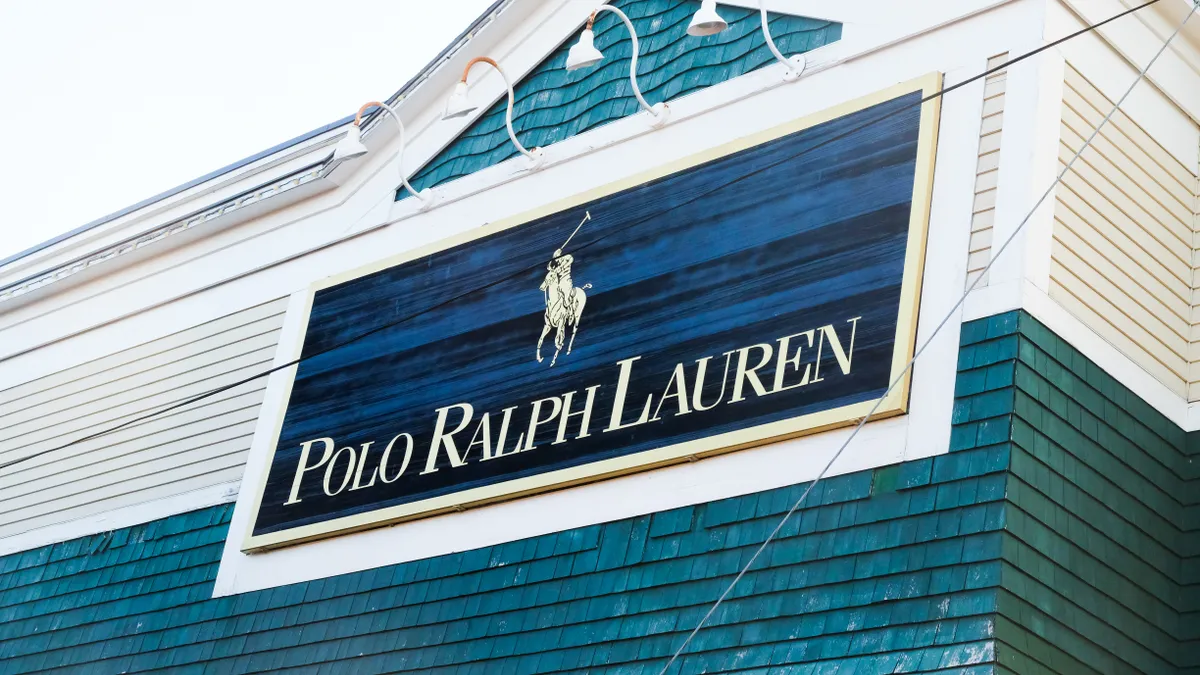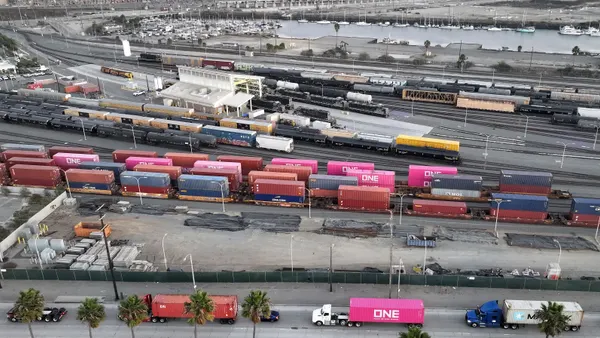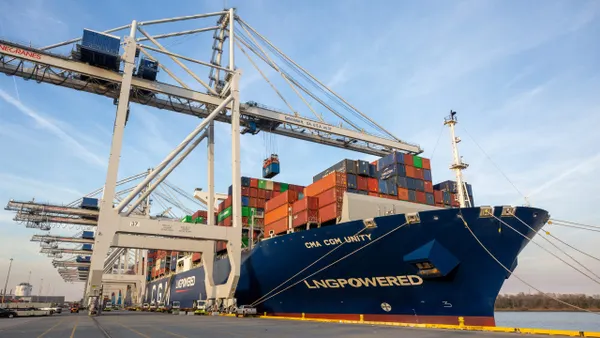Dive Brief:
- CMA CGM Group Chairman and CEO Rodolphe Saadé announced the carrier is committing to not using the Northern Sea Route (NSR) despite its potential to enable faster transit between Asia and Europe, according to a press release. The NSR runs through the Arctic Ocean along the northern coast of Russia, not to be confused with the Northwest Passage, which runs along the northern coast of Canada and Greenland.
- Saadé made the announcement ahead of the G7 assembly in Biarritz, France, where French President Emmanuel Macron publicly called on global ocean carriers to avoid taking the NSR due to mounting concerns about global warming and record-breaking sea-ice melt. "Many people today are explaining to us...the ice will melt in the north, we’ll open a much quicker route, it’s great," Macron said. "This route will kill us in the end, because this route may well be quicker, but it is the consequence of our past irresponsibility."
- CMA CGM also announced it will be furthering its sustainability commitments by prioritizing liquefied natural gas (LNG) fuel across its fleets, planning to have 20 LNG-powered vessels in its fleet of 500 by 2022.
Dive Insight:
Proponents of the route, such as Nordic Bulk Carriers, argue that shorter travel time from the NSR could reduce overall CO2 emissions, therefore making it more environmentally friendly than taking longer, traditional routes through the Suez or Panama canals. However, climate advocates contend that shrinking sea ice levels and endangered wildlife habitats in the arctic would be made increasingly vulnerable if breaker and container ships began increasing traffic in the area.
The #Arctic sea is one of the last natural reserves in the world. Not only it is home for wild fauna & flora, but it also plays a major role in regulating the planet’s climate.
— CMA CGM Group (@cmacgm) August 25, 2019
We want to be a model for sustainable global prosperity. #G7Biarritz #Sustainability #cmacgm #NSR pic.twitter.com/VGL09qVHNt
Russia has been particularly interested in developing its Arctic shipping capabilities, investing in icebreaker ships over the years to make way for carriers and cruise ships taking the route. In 2018, the country shipped record levels of cargo through the area, primarily liquefied natural gas (LNG) and coal. Maersk sent its first container ship along the route in 2018 in what Reuters reported as an ambition to turn the Arctic into a "mini-Suez canal."
Still, the Danish carrier does "not currently see the Northern Sea Route as a viable commercial alternative to existing east-west routes," Janina Von Spalding, a press officer for Maersk, told Supply Chain Dive.
Similarly, Tim Seifert, director of corporate communications at Hapag-Lloyd said the carrier does not currently use another Arctic route, the Northwest Passage, as a shipping route. "So far, the window of opportunity for navigability in this region is comparatively low anyway...the economic benefit from distance advantages using the Northwest Passage must be questioned critically," he told Supply Chain Dive in an email, adding, "we are thoroughly analyzing topics like this."














